
INVITED SPEAKERS

Safua Akeli Amaama
Public plenary: History of Medicine in the Pacific Panel
Wednesday 2 July
Safua Akeli Amaama is the Head of the Department of Ethnology and Curator Oceania at the Übersee-Museum in Bremen. She is a historian and is the current President of the Pacific History Association. Formerly she worked at Te Papa Museum as Head of New Zealand Histories & Pacific Cultures and was the Director for the Centre for Samoan Studies at the National University of Samoa.

Dr Karly Burch
Plenary: The nuclear legacy: the Pacific region from testing ground to global disarmament advocacy
Tuesday 1 July
Dr Karly Burch (she/her) is a lecturer in sociology at the University of Auckland. She works at the intersection of science and technology studies (STS), agrifood studies, critical nuclear studies, and the world-ecology conversation. Her current research projects explore the material politics of nuclear waste, AI robotics in agriculture, and collaborative research for sustainable technofutures. Karly received a PhD in sociology from the University of Otago, an MSc in agroecology from the Norwegian University of Life Sciences and ISARA-Lyon, and a BA in global studies from the University of California, Santa Barbara. She is a 2025 Atomic Anxiety Fellow and member of the STS Food and Agriculture Network (STSFAN) and the FemNukes Network. Karly co-convenes the Feminist, Anti-Colonial, Anti-Imperial, Nuclear Gathering (FACING Nuclear). You can learn more about Karly and her research at https://profiles.auckland.ac.nz/karly-burch.

Victoria Campbell
Plenary: He wai nō Ruawhetū - The flow of knowledge from the stars
Sunday 29 June
Victoria Campbell (Kāi Tahu) is a passionate advocate for te reo me ōna tikaka and the sharing of mātauraka Māori, with a particular focus on tātai aroraki (Māori astronomy). She is the General Manager of the Dark Sky Project in Takapō, where she plays a leading role in weaving Indigenous knowledge into contemporary stargazing experiences. Victoria also serves on the board of the Aoraki Mackenzie International Dark Sky Reserve and has contributed nationally through her involvement in the government’s Matariki Advisory Group, which guided the establishment of the Matariki Public Holiday. Her work reflects a deep commitment to celebrating and sustaining Māori knowledge systems, both locally and nationally.
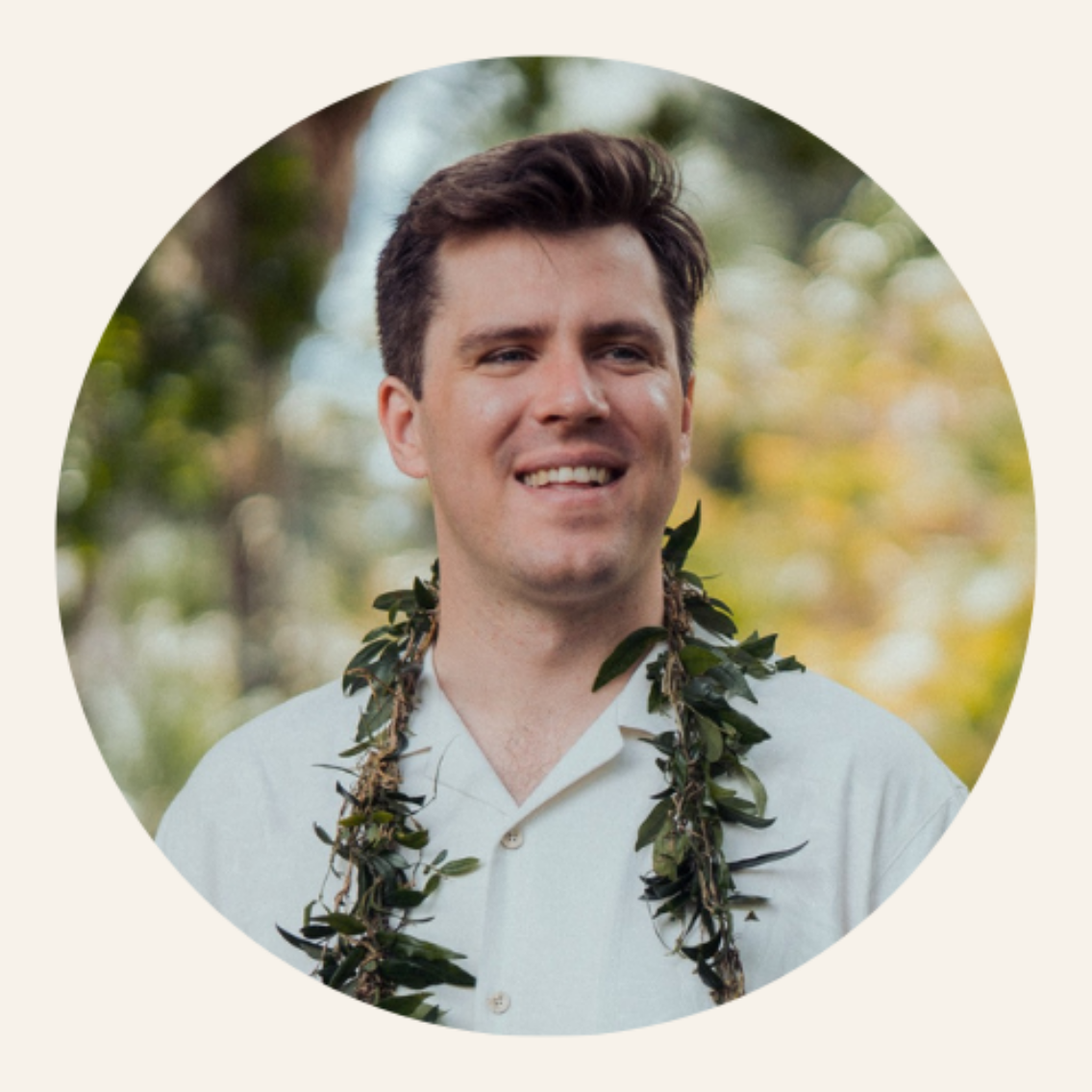
William "Matt" Cavert
Public plenary: History of Medicine in the Pacific Panel
Wednesday 2 July
William “Matt” Cavert received his PhD from the University of Hawaiʻi Mānoa in the spring of 2022. His doctoral research focused on the intersection of environment, culture, and colonial development programs in the French colonial Pacific from 1842 to 1931. He has published articles on the Third Plague Pandemic and Spanish Influenza in the colonial ports of Nouméa and Papeʻete, respectively, with forthcoming work on phosphate mining in the French colonial Pacific and the intersection of invader species and narratives of decline in colonial discourse. He currently teaches courses on the history of disease, environment, and empire at the University of Hawaiʻi West Oʻahu.
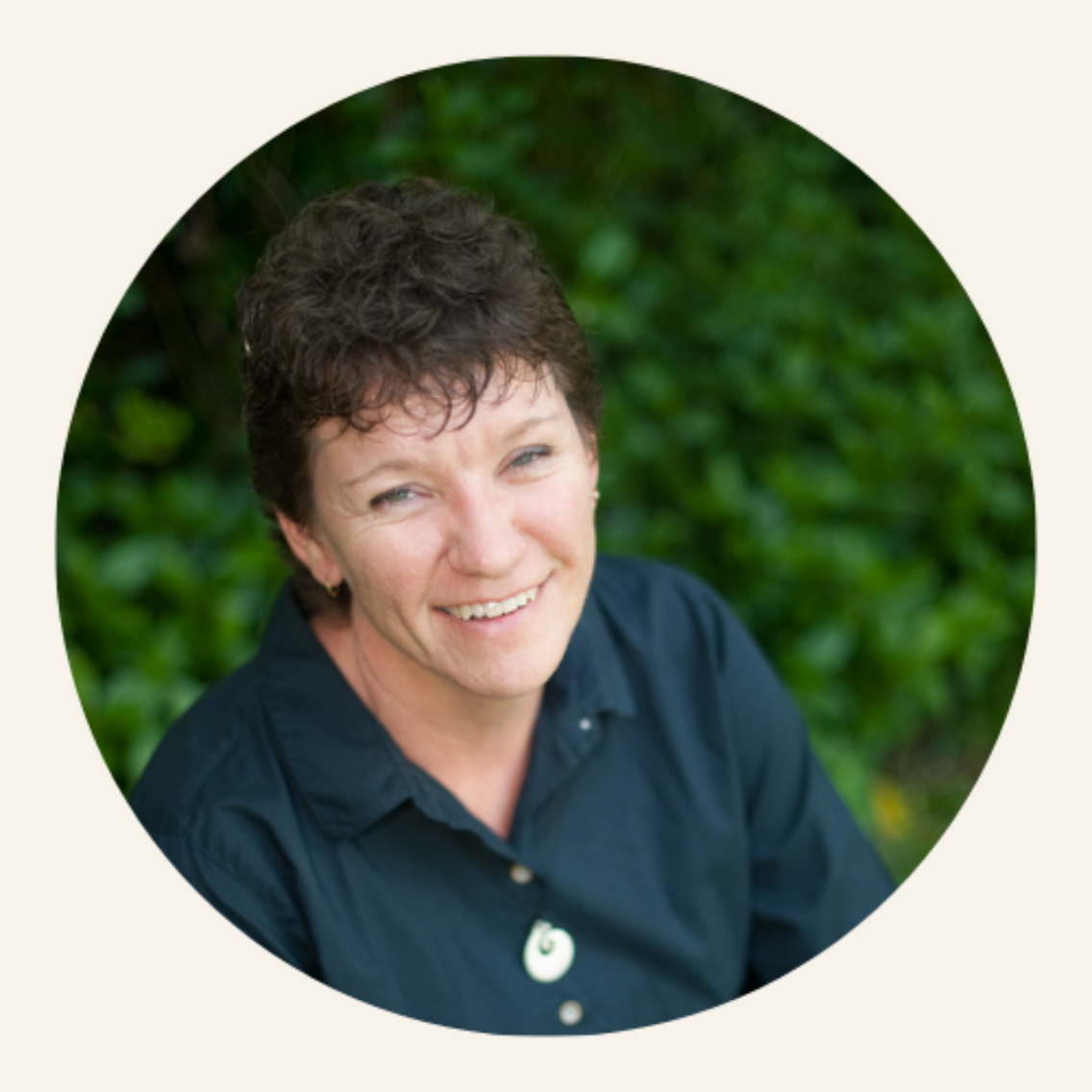
Kerri Inglis
Public plenary: History of Medicine in the Pacific Panel
Wednesday 2 July
Kerri A. Inglis has been teaching Hawaiʻi and Pacific Islands History at the University of Hawaiʻi at Hilo since 2005. She resides in Keaʻau on Hawaiʻi Island, but was born and raised in British Columbia, Canada. Inglis moved to the islands and earned a BA in History from BYU-Hawaiʻi (1993), then completed her MA at the Institute for the History & Philosophy of Science & Technology at the University of Toronto (1995), before returning to Hawaiʻi to pursue a doctorate in Hawaiian history – with complimentary fields in Pacific and World history – at the University of Hawaiʻi at Mānoa (2004).
Inglis’ research specialization is in the history of Hansen’s disease/leprosy, publishing her first book Ma‘i Lepera: disease and displacement in 19th century Hawai‘i with UH Press in 2013. She has presented her work locally and internationally, and has published in several journals – most articles dealing with Hansen's disease (including examinations of criminalization and stigma), epidemics, medical treatments, and community, with a focus on Hawaiʻi and the Pacific.
Inglis is currently working on a second book about the history of leprosy: Maʻi Hoʻokaʻawale ʻOhana [the disease that separates family]: Hansen’s Disease in Hawaiʻi, 1900-1969. She has also partnered with Kalaupapa National Historical Park over the years for research projects that involve undergraduate students developing skills in primary source research, records management, oral history interviews, translation and transcription projects. Inglis enjoys teaching and emphasizes place-based, applied, and service-learning opportunities with her students – often taking students to Kalaupapa for research and service opportunities.
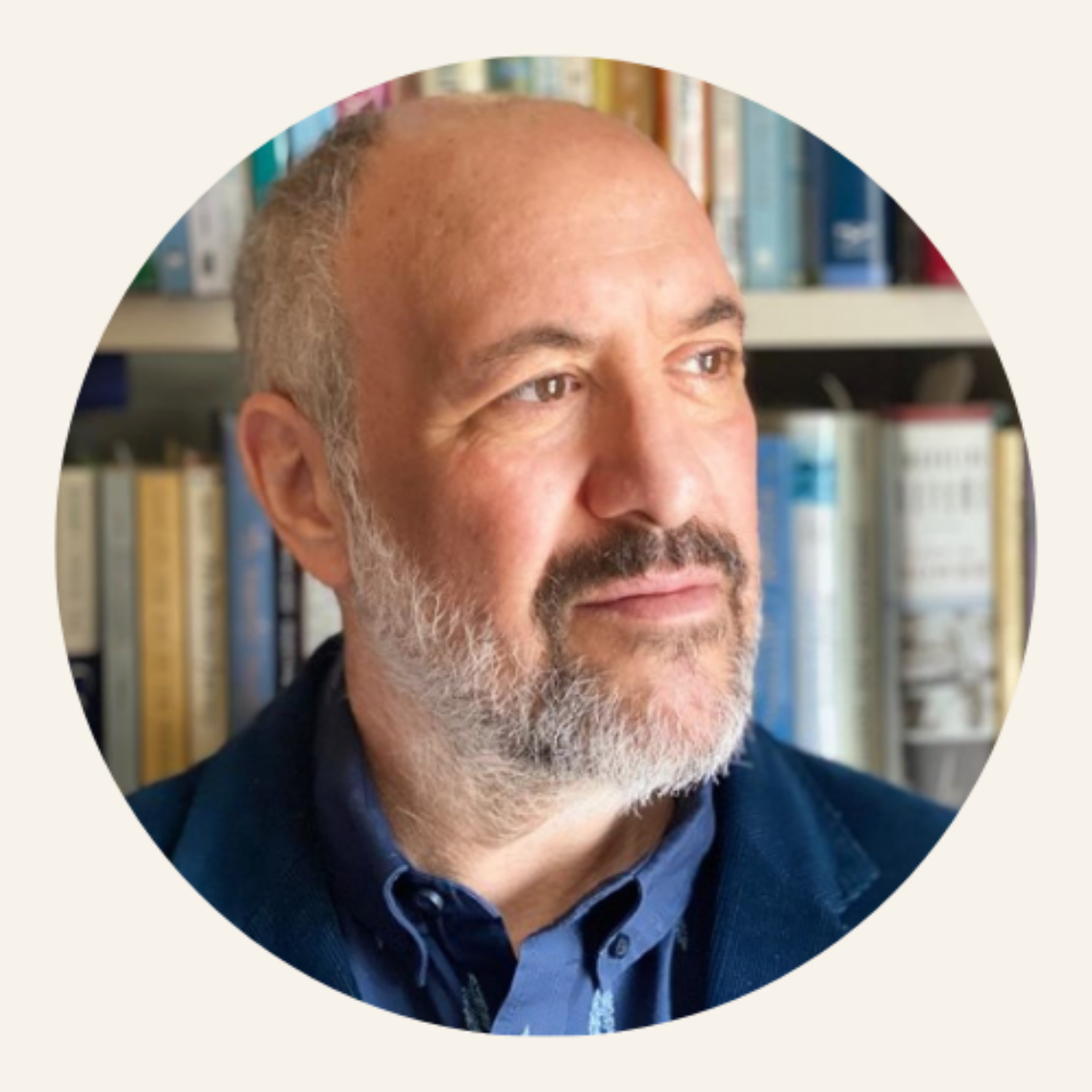
Dr Robert Bo Jacobs
Plenary: The nuclear legacy: the Pacific region from testing ground to global disarmament advocacy
Tuesday 1 July
Bo Jacobs is a historian of nuclear science and technology and an Emeritus Professor at the Hiroshima Peace Institute. He is the co-founder of the Global Hibakusha Project and the author of, Nuclear bodies: the global hibakusha (Yale 2022), among many other works.

Emeritus Professor Roy MacLeod
IAHS plenary: Has our Present Past a Future? Challenges Abound, Opportunities Remain
Tuesday 1 July
Roy MacLeod is an Emeritus Professor of History at Sydney University. Educated in History and Science at Harvard, he was the first Junior Fellow in History at Churchill College, Cambridge; founding Reader in History and Social Studies of Science and founding Fellow of the Science Policy Research Unit (SPRU) at Sussex University; and foundation Professor of Science Education at the Institute of Education, University of London. With David Edge, he co-founded and for 22 years co-edited the journal Social Studies of Science; co- founded the Pacific Circle (a Scientific Commission off the IUHPS); and was Editor of Minerva for a decade. For twenty years, with the EHESS and MSH in Paris, he co-chaired Project PAREX, among the forerunners of EASST. Since retirement, he has been a Humboldt Fellow in Goettingen, Hamburg, and Karlsruhe, and a Visiting Professor in Bologna. In 2008, he held the Gordon Cain Fellowship at the Chemical Heritage Foundation, and in 2009, a Braudel Fellowship at the EUI in Florence, followed in 2010 by the Lindbergh Chair at the National Air and Space Museum. He is a Fellow of the Academy of the Social Sciences, the Academy of the Humanities in Australia, the International Academy of the History of Science, and the International Science Council. At Sydney, he is a member of the School of History and Philosophy of Science and the Centre for International Security Studies, where he works in nuclear history, global biosecurity, and Space governance.
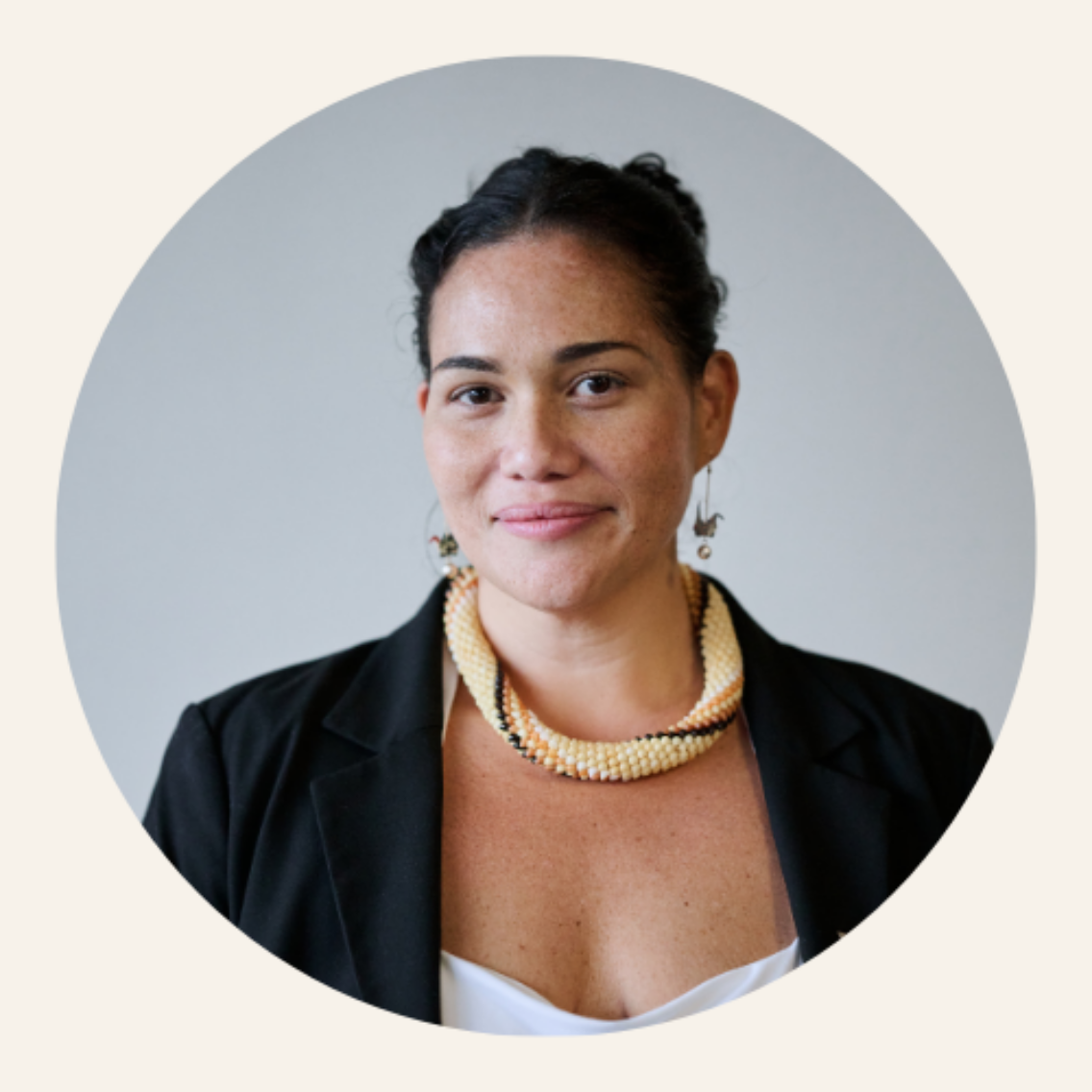
Hinamoeura Morgant-Cross
Plenary: The nuclear legacy: the Pacific region from testing ground to global disarmament advocacy
Tuesday 1 July
Hinamoeura Morgant-Cross is a prominent French Polynesian advocate whose personal battle with leukemia, linked to the French nuclear bombings in the Pacific, propelled her into activism. She was seven when French nuclear experiments came to an end after 30 years of detonations.
Elected to the Assembly of French Polynesia in May 2023, she successfully spearheaded a unanimous resolution supporting the Treaty on the Prohibition of Nuclear Weapons (TPNW), marking a historic moment for the region.
A recipient of the Nuclear Free Future Award 2023, she campaigns relentlessly — both locally, where she works to raise awareness among Polynesians, especially youth, about the nuclear legacy and its consequences; and internationally, where she travels extensively to denounce France’s historical negligence and demand justice for both the Polynesian and Algerian peoples, who were poisoned by French nuclear bombings.
Her work focuses on securing recognition, justice, and substantial medical and financial reparations for those impacted by the nuclear legacy, while also advocating for global denuclearization.
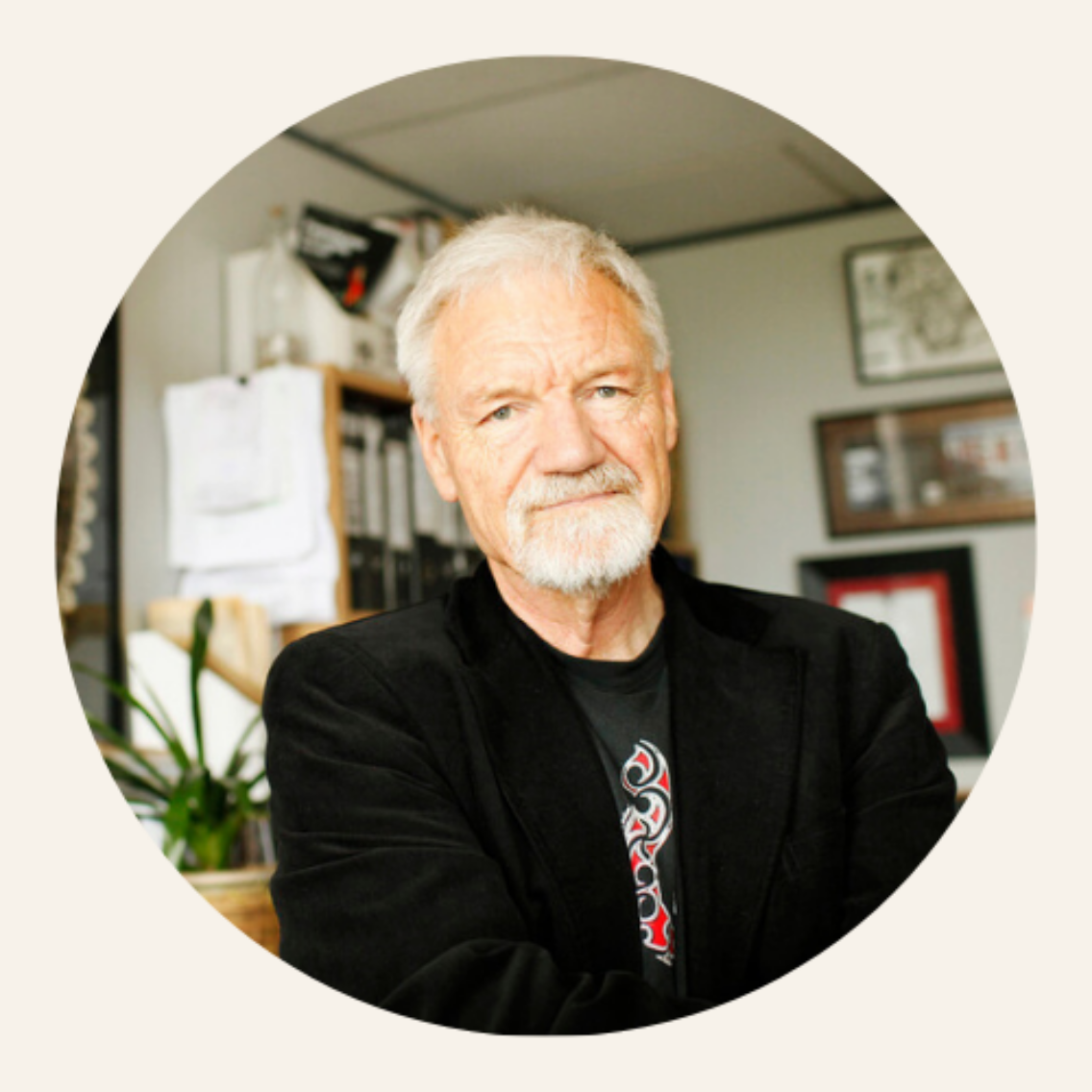
Dr David Robie
Plenary: The nuclear legacy: the Pacific region from testing ground to global disarmament advocacy
Tuesday 1 July
Dr David Robie is former Professor of Pacific Journalism and Communication Studies and founding director of the Pacific Media Centre at Auckland University of Technology. He also founded Pacific Journalism Review and is currently editor and publisher of Asia Pacific Review and Café Pacific. He is the author of Eyes Of Fire: The Last Voyage and Legacy of the Rainbow Warrior and several other Asia Pacific media and politics books.

Dr Gary Werksey
IAHS plenary: Has our Present Past a Future? Challenges Abound, Opportunities Remain
Tuesday 1 July
Dr Gary Werskey completed his PhD in History and the History of Science at Harvard under the supervision of Prof Everett Mendelsohn. He has held academic positions at Edinburgh University (the Science Studies Unit), Imperial College (School of Business) and the University of New South Wales (Faculty of Engineering). Gary is currently an Honorary Associate in the Department of History, School of Humanities, University of Sydney. He first met Roy MacLeod in 1968 and has collaborated with him on various projects over the years, including the reissue of Nicolai Bukharin et al Science at the Cross Roads and as Roy's Book Reviews Editor at Minerva.
Chairs

Susan Lederer
Public plenary: History of Medicine in the Pacific Panel
Wednesday 2 July
Susan E. Lederer is the Robert Turell Professor in History of Medicine and Bioethics, and Chair of the Department of Medical History and Bioethics at the University of Wisconsin School of Medicine and Public Health. A historian of medicine and biomedical ethics, she has published three books: Subjected to Science: Human Experimentation in America Before the Second World War (Johns Hopkins University Press, 1995); Frankenstein: Penetrating the Secrets of Nature (Rutgers University Press, 2002), and Flesh and Blood: A Cultural History of Transplantation and Transfusion in Twentieth-Century America (Oxford University Press, 2008). Lederer co-authored the report for the Advisory Committee on Human Radiation Experiments report on the radiation research sponsored by the federal government in the years between 1944 and 1974. She recently served as the President of the American Association for the History of Medicine and is at work on a book-length manuscript with Professor Susan Lawrence on the history of willed body donation in the United States.
